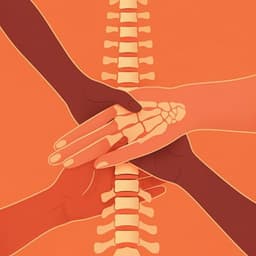
Business
Founders' flow: A qualitative study on the role of flow experience in early start-up stages
L. Kloep, K. Roese, et al.
Start-up founders often face autonomy, uncertainty, and risk — yet can enter deeply absorbing “flow” states that boost results, progress, and team processes. In qualitative interviews with 21 founders, the study identifies individual, task-related, and organizational factors that promote or hinder flow and team flow, finds mostly positive consequences (with few downsides like perfectionism), and suggests designing flow-promoting environments or workshops. Research conducted by Leonie Kloep, Katharina Roese, and Corinna Peifer.
Related Publications
Explore these studies to deepen your understanding of the subject.







